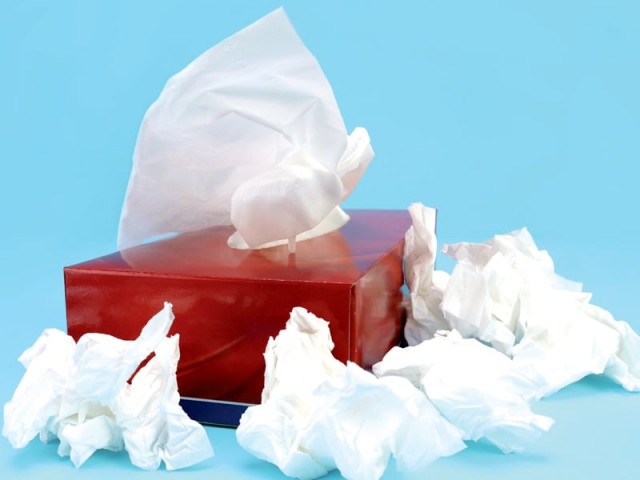Health tips: It’s in the air
The difference between common cold and flu is subtle to pick up and eludes even health professionals sometimes.

Very few of us know this but the common cold and flu (influenza) are not the same thing. The difference between them is sometimes subtle to pick up and might at times even elude health professionals. However, the distinction has a bearing on the course of the illness, treatment and prevention.
The common cold though is the lesser of two evils much like Bebop and Rocksteady — Shredder’s annoying yet relatively harmless sidekicks in “Teenage Mutant Ninja Turtles”. The common cold, unlike the flu, is seldom associated with fever, cough, a sore throat and decreased appetite. In fact, the flue can potentially be the underlying cause for a greater degree of exhaustion, body aches or headaches.
A telltale sign of the common cold is that it will run its course with seven to ten days. Therefore, in retrospect it will be easy to tell what came to pass. Even though flu might also come across as deceptively mild during the initial period of its onset, in comparison it is usually more aggressive and can last up to two to three weeks and lead to pneumonia and other relentless infections.
Medications taken to relieve symptoms are typically common to both the ailments. These will include anti-allergics (or antihistamines) to clog the runny nose. Nasal saline sprays can be used to open up those nasal passages. Certain nasal decongestants especially those which are steroid-based should not be used for more than three days. In addition, cold vapour chest rubs and inhaling steam from a bucket of hot water can be used to help breathe easily. Warm liquids, especially soup, will help with the cough.
Keep your nose covered so humid air is retained around it. If it is detected within the first two or three days that a person is suffering from flu, then an antiviral can be taken to help shorten its duration and severity. Contrary to the conventional practice of popping antibiotics to cure a sore throat, anti-bacterial medication will actually not help since both are viral infections. However, bacteria can subsequently get involved; this is indicated by a change in colour of nasal discharge. A physician should be consulted if this occurs.
These germs are carried ‘in the air’. So cover your mouth while coughing and encourage others to do the same. Don’t share drinks if ill. Frequent hand washing — for a period of at least half a minute — is the paramount guiding principal. Annual flu vaccines are readily available and will be helpful for people in a hostel or school setting which are ripe for outbreaks unless they are allergic to eggs. These seasonal viral villains are striking as we speak. Out of the sentiment of public well being, knowing about prevention can actually go a long way.
Published in The Express Tribune, January 7th, 2012.


















COMMENTS
Comments are moderated and generally will be posted if they are on-topic and not abusive.
For more information, please see our Comments FAQ